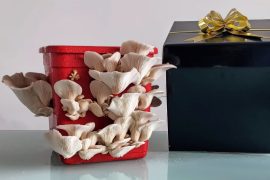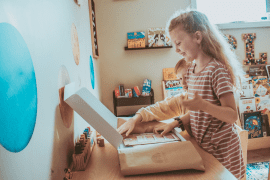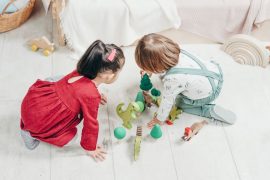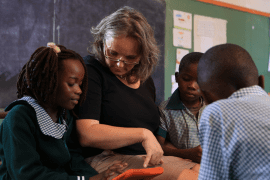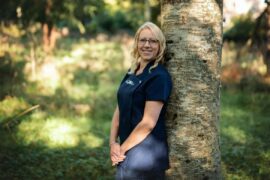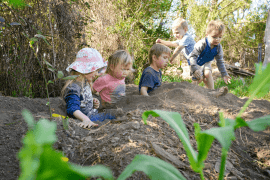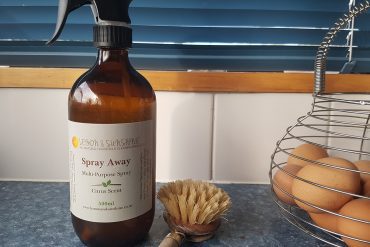Children’s development is directly affected by the relationships with the people in their life. When young children play they often look to a parent or caregiver for reassurance that it’s safe to explore. Children need a sense that their go-to person is there supporting them, before they go off and explore the world.
With a maximum of four children in care at a time, children in home-based care benefit from nurturing, loving consistent relationships which provide the foundations that all children need in order to develop and flourish.
Encourage child-led play by doing the following:
Trust children in their play.
Allow children the time and the space to explore without telling them or directing them in what they should be doing. Children need to be a little bored, in order to be able to work out how to entertain themselves and to develop and build on their curiosities.
From there, adults need to notice and watch for their child’s signals about what interests them and what drives their curiosities. If they enjoy getting all the pots and pans out to bang and crash – this is great – make pots and pans available to them and comment on what they are doing. This is gifting them language and knowledge in order to make connections between their curiosity and new learning.
Allow children to get dirty!
In a day of washing machines, dirt should not prevent children from the joy of playing. The biggest support an adult can be in children’s play is to know when to “spray” and when to “walk away”.
It’s about seeing when a child needs help to connect the dots between what they are exploring and new knowledge (without taking over the play) – and knowing when an adult is not needed in the play at all. It’s understanding and respecting when an adult should simply sit and observe and just ‘be’ with their child.
Steer away from commercial toys, and toys that only have one purpose.
Children’s play does not need to be resourced with expensive store-bought toys. The best kind of play children have is with absolute junk and broken “bits”. Items that can be re-purposed into imaginative machines, gadgets, rocket-ships, cars and so on. Play looks messy when it is with a lot of junk, but through the lens of children these items are absolute gold. Finding new and interesting things to add to a toy box that allow a child multiple types of interaction with them, will create opportunities for creative and imaginative play – the highest form of play children can engage in.
Tips from Sarah Aiono.
At PORSE we know that children benefit from playing in a natural, home environment. Our programmes are backed by science. See why we do what we do: http://www.porse.co.nz/families/why-porse/
We’re always looking for Educators who are passionate about giving children the best start in life by providing natural childcare. Call us today to find out more 0800 023 456.



